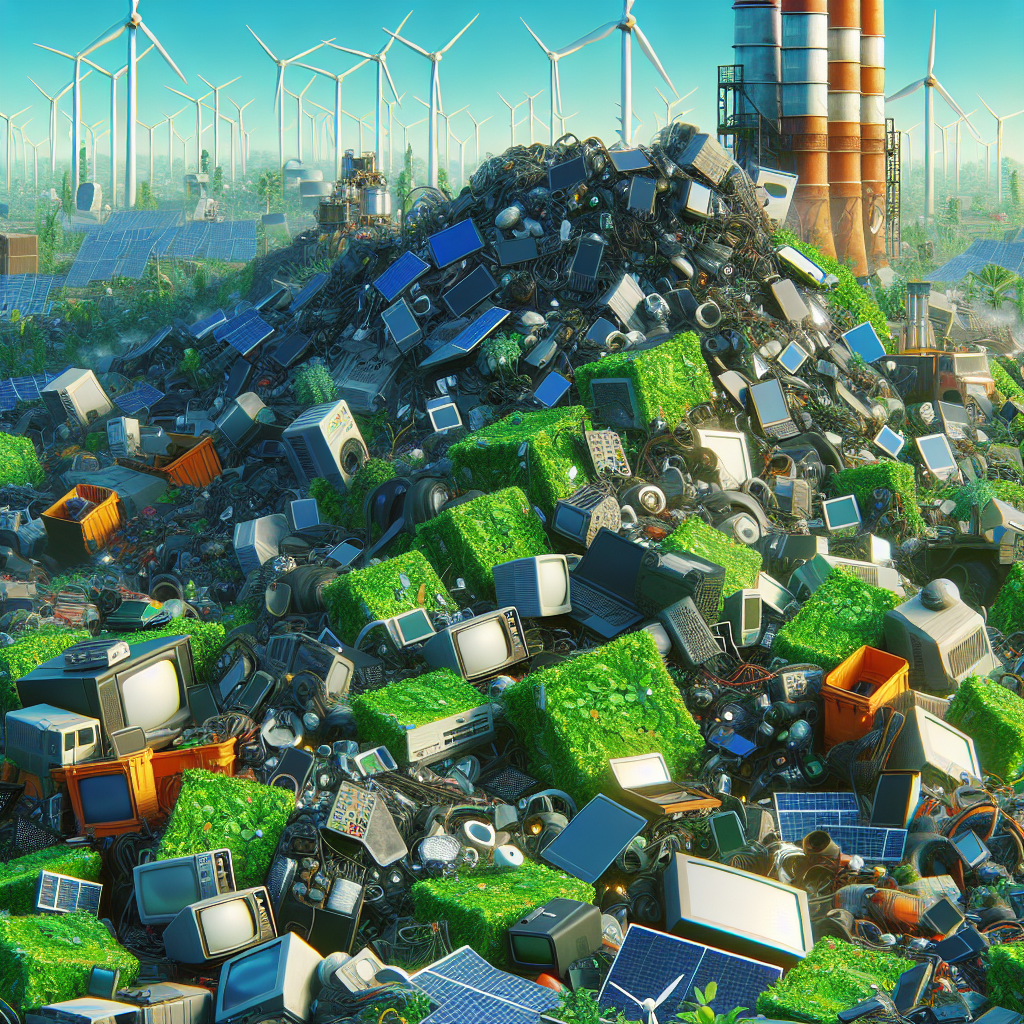Blog Ecobraz Eigre

E-waste as a real indicator of sustainable development post-COP30
Introduction to e-waste and sustainable development
The exponential increase in e-waste is one of today's biggest environmental challenges, especially after COP30, which drew attention to the urgent need for global sustainable practices. E-waste, made up of obsolete or discarded devices, serves as a real indicator of progress in adopting sustainable development policies and actions.
Context of COP30 and the role of e-waste
Cop30 emphasized the crucial role of proper waste management in protecting the environment and mitigating climate change. Electronic waste gained prominence because it contains toxic materials and precious metals which, if poorly managed, cause severe damage to soil, water and human health. The global meeting reinforced the importance of the circular economy and shared responsibility to solve this problem.
Why is e-waste a sustainable indicator?
The effective management of e-waste demonstrates a society's ability to integrate economic development with environmental preservation. Indicators such as the recycling rate, reuse and proper disposal of this waste reflect the maturity of public and private policies aimed at sustainability. In addition, the reduction in improper disposal is evidence of social awareness and commitment.
Challenges in e-waste management
Despite progress, many countries face difficulties in the efficient management of e-waste due to a lack of adequate infrastructure, robust legislation and awareness campaigns. Illegal trade and improper disposal continue to negatively impact the environment. Overcoming these obstacles is key to achieving the goals set at COP30.
Recommended practices for post-COP30
For a positive sustainable indicator, it is advisable to implement integrated collection, recycling and reuse systems, driven by innovative technologies. Encouraging extended producer responsibility and promoting the circular economy are essential strategies. In addition, environmental education, focused on correct disposal, must be strengthened in society to transform habits.
Conclusion
Electronic waste, more than a problem, is a thermometer of sustainable development in a post-COP30 world. Organized management, effective legislation, technological innovation and public awareness are pillars for transforming this waste into valuable resources. Monitoring and improving indicators related to e-waste is the right path to an environmentally balanced future.

Deixe um comentário
O seu endereço de e-mail não será publicado. Campos obrigatórios são marcados com *